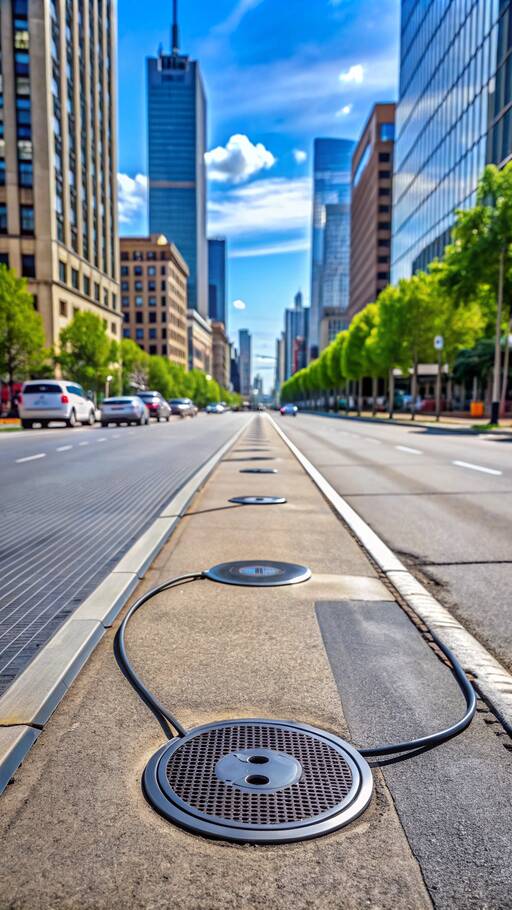
Electreon is at the forefront of developing inductive road charging systems, which are currently being tested in Detroit. By embedding charging hardware into road surfaces, this innovation is paving the way for commercial EVs to adopt smaller batteries, thereby reducing ownership costs and the infrastructure demands at central depots.
Although promising, this charging technology faces significant hurdles. The expenses associated with the infrastructure and the adaptation of roadways to support inductive systems pose substantial barriers. Despite these challenges, the potential to revolutionize electric vehicle operations is undeniable.
Electric vans are gradually making their way into logistics fleets, but widespread adoption is still a distant goal. Problems such as limited battery supply and the need for extensive charging infrastructure are hindering progress. Electreon's vision might change this by reducing the dependence on stationary chargers.
Michigan is home to Electreon's key pilot project, which implements its technology in an Xos Stepvan and deploys charging pads at a Detroit UPS facility. Supported by $200,000 in funding from the Michigan Mobility Funding Platform, this initiative aims to lower fleet EV ownership costs, further extending the electric roadway that made its debut in Corktown in 2023.
Dynamic wireless charging offers the potential to break free from heavy grid connections and allows for smaller vehicle batteries. "We're excited to demonstrate how Electreon's technology can optimize electric fleet usage and showcase the seamless integration of wireless charging into daily fleet operations, minimizing downtime and enabling charging across time and location," stated Stefan Tongur, Electreon's Vice President of Business Development.
However, this method comes with its own costs, including vehicle-specific receiver hardware, priced at approximately $3,500 each. Additionally, installing the necessary infrastructure, like underground coils, is best aligned with road resurfacing plans.
The cost of batteries is decreasing, and advances in battery technology, such as solid-state, continue to progress, posing competition to wireless charging solutions. Despite these developments, there is strong support for Electreon's efforts and the concept of electrified roadways.
The integration of wireless charging into roadways has the potential to revolutionize fleet operations and urban transit systems. However, it faces competition from improvements in conventional battery technology and infrastructure. As costs decrease and efficiency improves, only time will tell if this method will gain widespread acceptance.